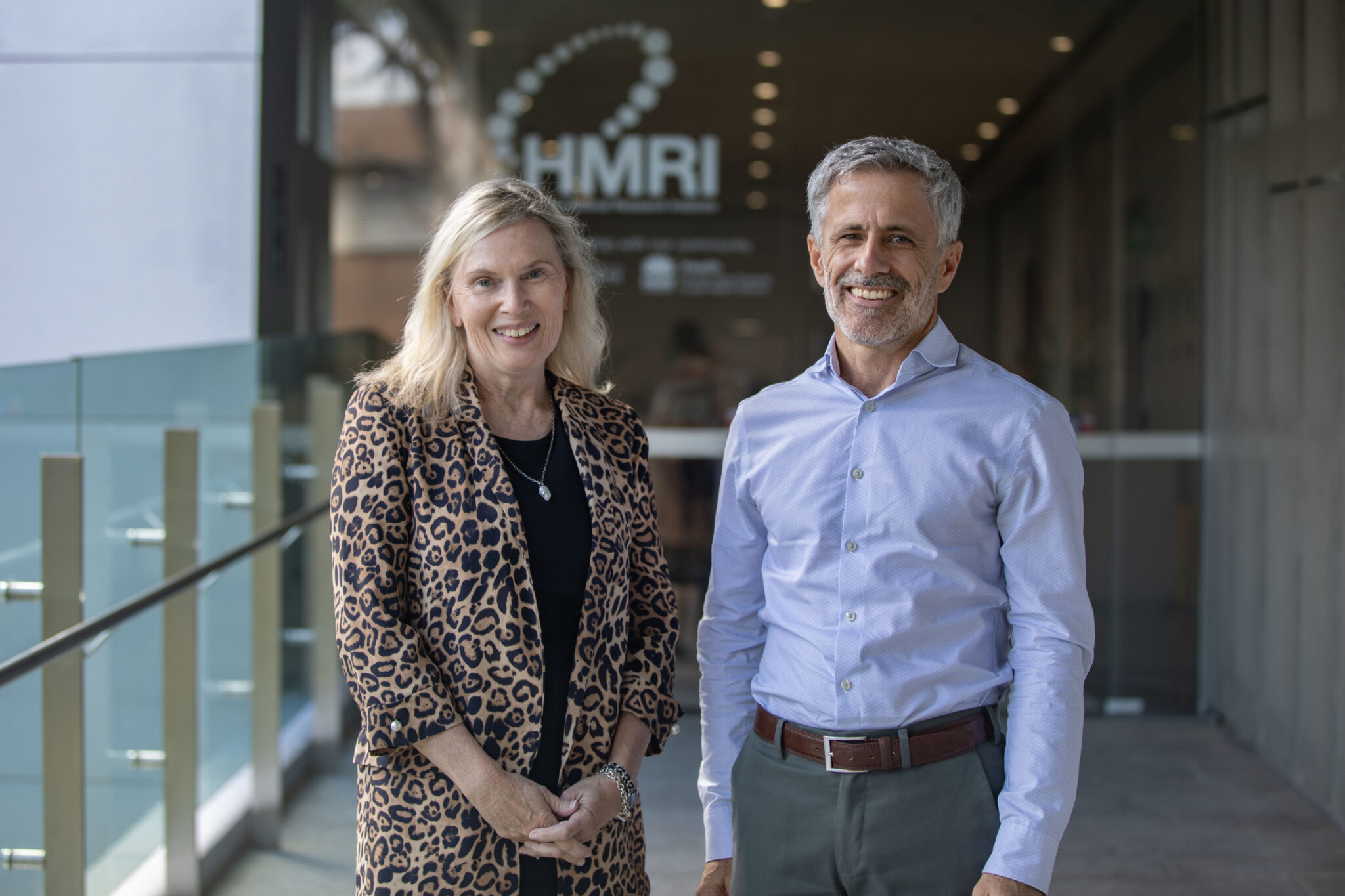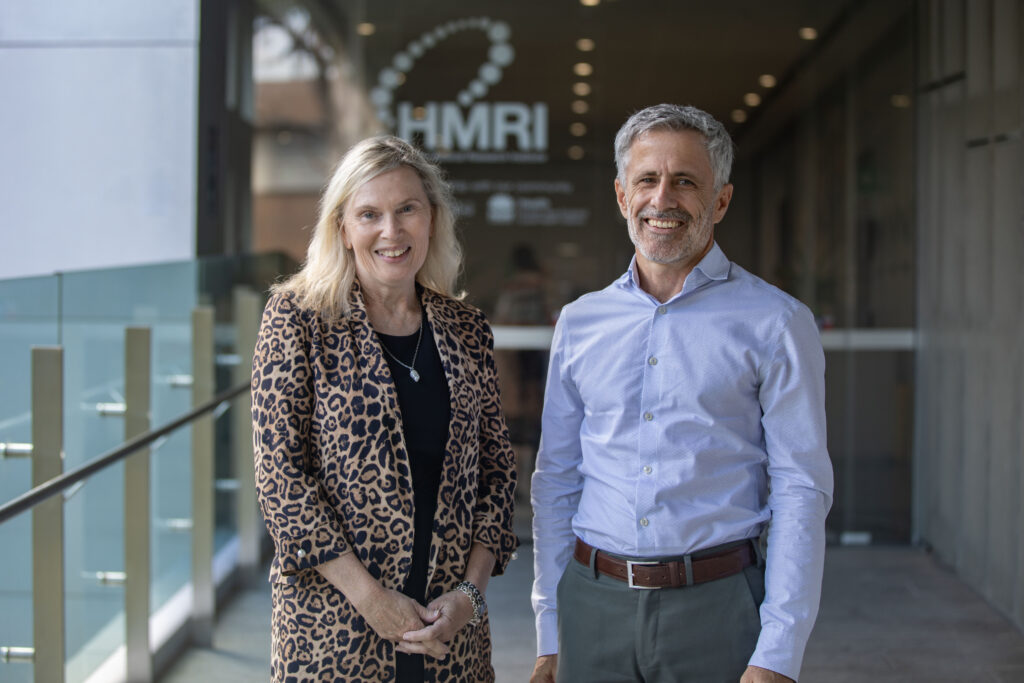Clinical researchers from John Hunter Hospital, Hunter Medical Research Institute and the University of Newcastle will launch a study into the cardiac causes of stroke thanks to $268,176 in funding from the Greater Charitable Foundation.
Stroke researchers, Dr Carlos Garcia-Esperon, Professor Neil Spratt and Professor Chris Levi, will assess the effectiveness of doing a CT scan of the heart at the same time other diagnostic scans are being done.
CEO of the Greater Charitable Foundation, Anne Long said that with strokes being the second highest cause of death globally, the Greater Charitable Foundation wanted to put their money forward to help make a difference with impact.
“The effects of stroke can be devastating for a person and their loved ones, be it physical, financial and emotional,” Anne said.
“Around one in four people who have had a stroke will have another, so this research will be key to achieving a deeper understanding of the cardiac causes of stroke, to be able to treat patients more effectively and reduce the chances of additional strokes.
“HMRI’s research plays such an important role in supporting the health of our community, which is why we have proudly partnered with the institute for more than two decades.”
The newly funded study will assess the effectiveness of doing a CT scan of the heart at the same time other diagnostic scans are being done.
Professor Neil Spratt says that if a clot is found in the heart during this process, a different type of blood thinning medication will be given to the patient to reduce the risk of secondary stroke.
“Correctly identifying those with a cardiac cause for their stroke presents a major opportunity to reduce secondary stroke, and recent imaging advances now make this a realistic prospect,” Professor Neil said
“Cardiac computed tomography (CT) is an emerging and promising technique which we and some international collaborators have begun to use as part of the immediate testing of stroke patients.
“The big advantages are that it is a relatively small add-on to the CT imaging of the brain and neck vessels that we already do, and we can be do it while the patient is already on the scanner.
“It provides an immediate result, rather than having to wait days or more for additional follow up investigations, e.g., with ultrasound (echocardiography).
“Finally, early results indicate that by scanning very early, we are much, much more likely to identify patients with a blood clot in their heart, indicating the likely source of their stroke (7.1 per cent versus 0.6 per cent using standard, delayed echocardiography, in one study).
“Because the diagnosis of clot in the heart was so rare before we started performing routine hyperacute cardiac CT, there are no guidelines of what treatment should be used immediately, or when treatment should start (to prevent growth of the clot, but also avoid bleeding into the brain, which has been freshly damaged by stroke).
This study will form the basis for development of treatment guidelines to be used globally,” Professor Neil said.
The Greater Charitable Foundation has been funding HMRI’s research into stroke for the past 15 years. This funding has been instrumental in some key advances in stroke patient care that are now available to patients experiencing stroke in Australia and worldwide.
IMAGE | Greater Charitable Foundation’s CEO, Anne Long and HMRI’s, Professor Neil Spratt (left-right).







